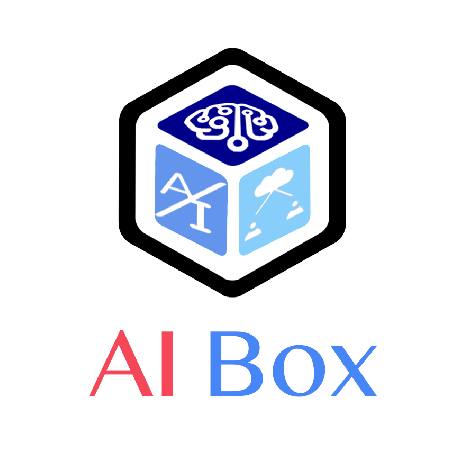Discover and explore top open-source AI tools and projects—updated daily.
OPERA by  shikiw
shikiw
Decoding method for multimodal LLMs, addressing hallucinations (CVPR 2024)
Top 72.8% on SourcePulse
OPERA is a decoding method designed to mitigate hallucination in multi-modal large language models (MLLMs). It targets researchers and practitioners working with MLLMs who need to improve the factual accuracy of generated content without requiring additional training data or external knowledge sources. The primary benefit is a "nearly free lunch" approach to reducing hallucinations.
How It Works
OPERA operates by observing that MLLM hallucinations often correlate with self-attention patterns where the model over-focuses on a few summary tokens, neglecting others. It introduces a penalty term during beam-search decoding to discourage this "over-trust" in specific tokens. Additionally, a "retrospection-allocation" strategy rolls back to previously generated tokens if summary tokens are detected, re-allocating token selection to improve accuracy.
Quick Start & Requirements
- Install by creating a conda environment (
conda env create -f environment.yml), activating it (conda activate opera), and installing a modified transformers package (python -m pip install -e transformers-4.29.2). - Requires PyTorch and specific versions of the Hugging Face Transformers library.
- Evaluation requires the MSCOCO 2014 dataset and specific pre-trained model checkpoints (LLaVA-1.5, Vicuna, MiniGPT-4, Shikra).
- Official documentation and demo notebooks are available.
Highlighted Details
- Implemented as a modification within
transformers.generation.utils.py. - Supports multiple MLLMs including InstructBLIP, MiniGPT-4, LLaVA-1.5, and Shikra.
- Provides evaluation scripts for POPE, CHAIR, and GPT-4V benchmarks.
- Achieves high accuracy (e.g., 90.3% on InstructBLIP 7B for POPE random split).
Maintenance & Community
- Based on LAVIS and MiniGPT-4 codebases.
- Citation provided for the CVPR 2024 paper.
Licensing & Compatibility
- The README does not explicitly state the license. However, the project is based on LAVIS and MiniGPT-4, which are typically released under permissive licenses like Apache 2.0 or MIT. Compatibility for commercial use would depend on the specific license chosen for this repository.
Limitations & Caveats
- The core implementation is tied to a specific version of the Transformers library (
transformers-4.29.2), requiring manual adaptation for other versions. - Evaluation setup involves downloading large datasets and multiple specific model checkpoints.
1 year ago
1 day

 ixaxaar
ixaxaar FuxiaoLiu
FuxiaoLiu thu-coai
thu-coai sunzeyeah
sunzeyeah xmoanvaf
xmoanvaf RUCAIBox
RUCAIBox mit-han-lab
mit-han-lab XuezheMax
XuezheMax potsawee
potsawee abertsch72
abertsch72 Denis2054
Denis2054 xlite-dev
xlite-dev